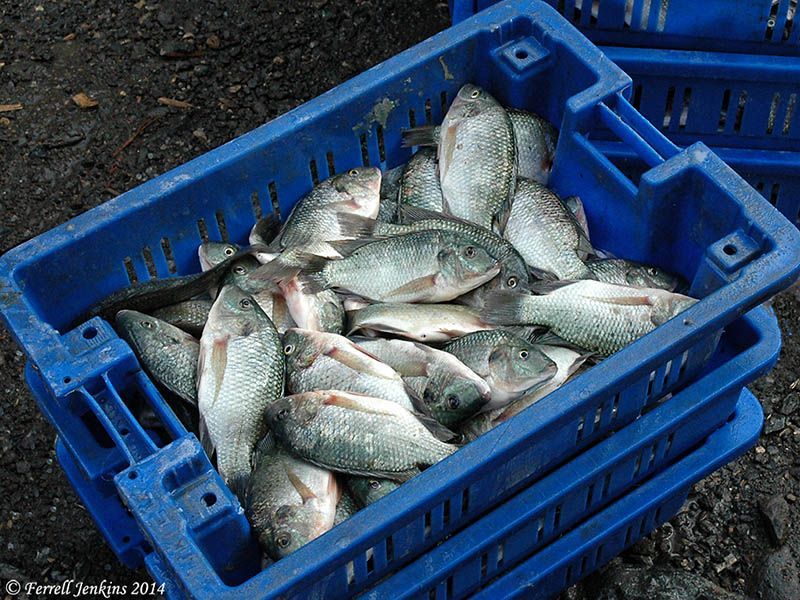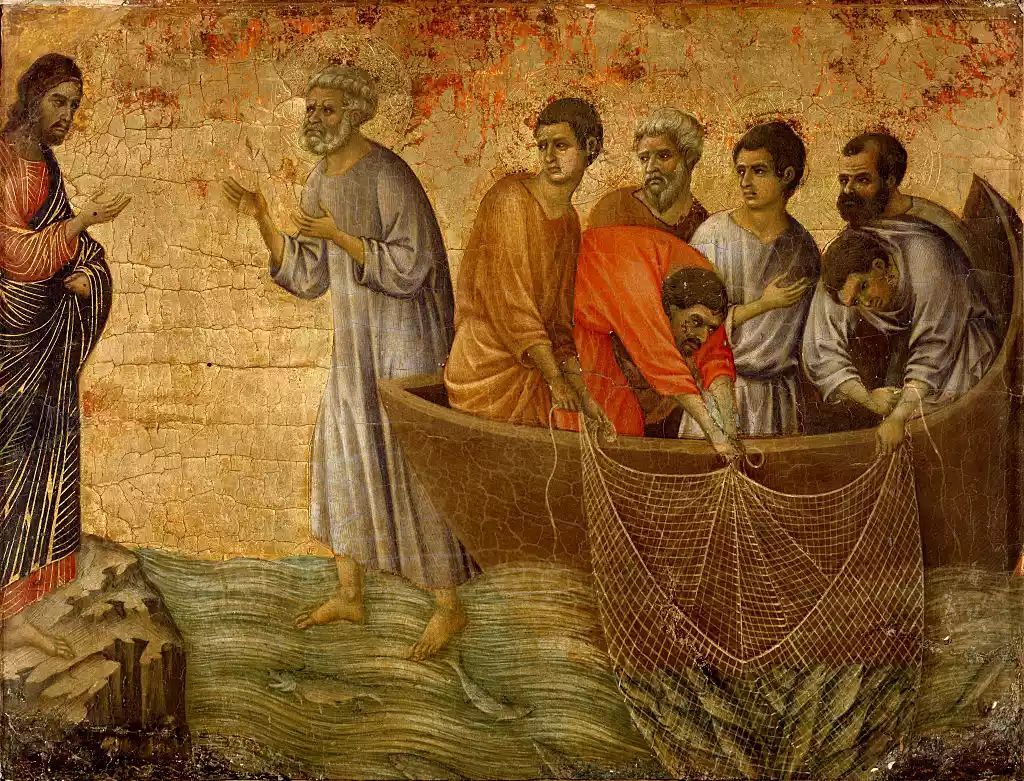Message of Abbot Paul - Easter Friday 14th April 2023
Abbot Paul • April 13, 2023


It was really nice to have an almost free day yesterday: no appointments, no urgent papers to read or emails to write, just the Conventual Mass and usual Offices, and plenty of free time for rest and prayer. I won’t say that I didn’t need it, as the weekend ahead promises to be pretty brutal.
Our Gospel passage today comes from John, (Jn 21: 1-14), the first part of a chapter that looks to have been written or, at least, attached later on to chapter 20, which itself has a powerful ending. Chapter 21 sees the disciples back at their work, fishing on the Sea of Tiberius or Lake Galilee. It’s true that the angels had told the women to tell the disciples to return to Galilee, where Jesus would appear to them. However, all the first resurrection appearances take place in Jerusalem or nearby, such as on the road to Emmaus. “Jesus showed himself again to the disciples. It was by the Sea of Tiberias, and it happened like this: Simon Peter, Thomas called the Twin, Nathanael from Cana in Galilee, the sons of Zebedee and two more of his disciples were together. Simon Peter said, ‘I’m going fishing.’ They replied, ‘We’ll come with you.’ They went out and got into the boat but caught nothing that night.” Seven disciples in all are fishing that night and have caught nothing. It’s as though they had never met Jesus or been his disciples. They talk about fishing, not about Jesus.
It’s daylight when Jesus appears, or should I say because Jesus appears. “It was light by now and there stood Jesus on the shore, though the disciples did not realise that it was Jesus. Jesus called out, ‘Have you caught anything, friends?’ And when they answered, ‘No’, he said, ‘Throw the net out to starboard and you’ll find something.’ So they dropped the net, and there were so many fish that they could not haul it in.” Although he speaks with them, they do not know him. Not even the large catch gives them a clue. It’s only the beloved disciple, the one who leaned on Jesus’ breast at the Last Supper and stood with Mary at the foot of the cross, who recognises Jesus. “The disciple Jesus loved said to Peter, ‘It is the Lord.’ At these words ‘It is the Lord’, Simon Peter, who had practically nothing on, wrapped his cloak round him and jumped into the water. The other disciples came on in the boat, towing the net and the fish; they were only about a hundred yards from land.” Why could the others not recognise him? How come they no longer knew him, if they had spent a number of years following him around Galilee, Samaria and Judaea, listening to his teaching, witnessing his miracles, living with him, praying with him? What was it that prevented them from recognising him? It seems they had to get to know him all over again. In fact, they are still wanting to ask Jesus, as if not sure, “Who are you?” Isn’t that strange?
“As soon as they came ashore, they saw that there was some bread there, and a charcoal fire with fish cooking on it. Jesus said, ‘Bring some of the fish you have just caught.’ Simon Peter went aboard and dragged the net to the shore, full of big fish, one hundred and fifty-three of them; and in spite of there being so many the net was not broken. Jesus said to them, ‘Come and have breakfast.’ None of the disciples was bold enough to ask, ‘Who are you?’; they knew quite well it was the Lord. Jesus then stepped forward, took the bread and gave it to them, and the same with the fish. This was the third time that Jesus showed himself to the disciples after rising from the dead.” Had Jesus himself lit the charcoal fire, or were there other people present? Did he provide the bread and the fish that were already cooking, or were there others who did that, the women perhaps. There’s so much we don’t know, but would like to know. It is Jesus who invites them to break their fast after a hard but futile night’s work. It is Jesus himself, in a eucharistic gesture, who gives them the bread and fish to eat. Tantalisingly, that is all we are told. And what about that number of fish, 153. What would be the meaning, if any, of that?









